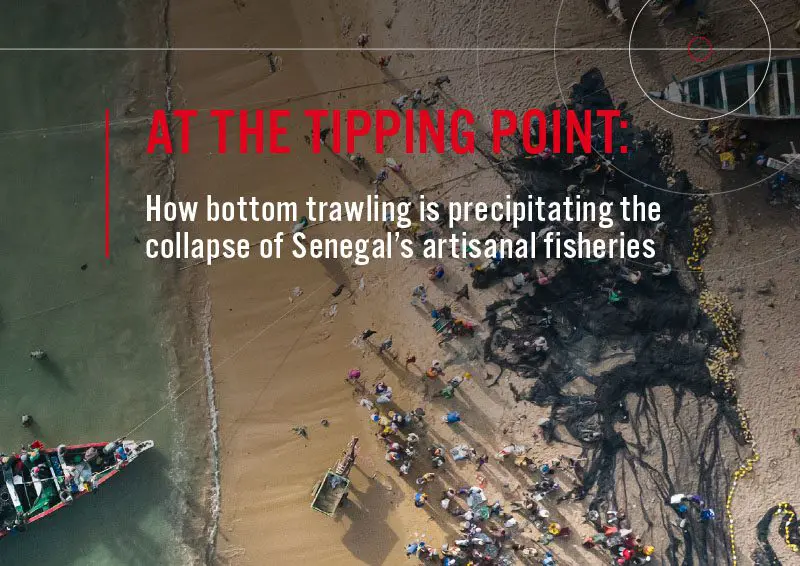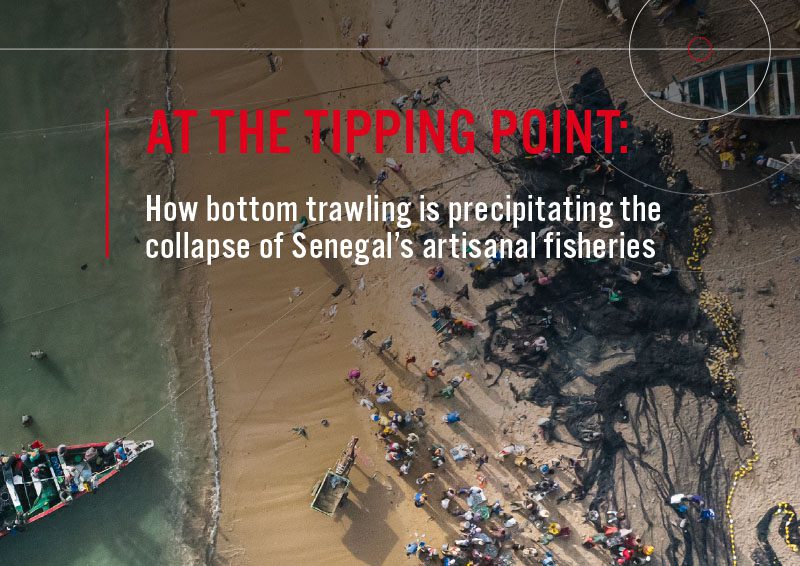Senegal’s rich fisheries historically played a vital role in employing around 600,000 people and feeding the nation’s rapidly growing population of nearly 17 million people. However, artisanal fishers – the beating heart of its fisheries sector and society – are in danger due to illegal bottom trawling.
This Environmental Justice Foundation report, produced with support from the TBT Coalition investigates the environmental and socio-economic impacts of bottom trawling in Senegal.
The report finds that bottom trawling is destroying the marine environment and dispossessing 169,000 people of their livelihoods. While the artisanal fishing fleet has been over capacity for some time, the more destructive bottom trawl fleet increased by 12.5% between 2014 and 2018. As it grows, its unsustainable fishing practices put immense pressure on these fisheries, causing resources to dwindle and poverty to rise. What’s more, much of the fish caught by bottom trawlers is exported to high-income countries. Between 2008 and 2018, exports of fish products almost quadrupled, overtaking local consumption, and in 2021 Senegal exported over 300,000 tonnes of fish products.
The plundering of the country’s marine resources by vessels from the EU and China creates an unjust competition between these industrial trawlers and artisanal fishers and further aggravates food insecurity in the region, with a high proportion of their catch being exported.
The report includes eight recommendations for Senegalese authorities and civil society to prevent and reduce bottom trawling impacts. It is critically important that these recommendations are heeded, as failure to do so could jeopardise the livelihoods and food security of thousands of people in coastal communities.



